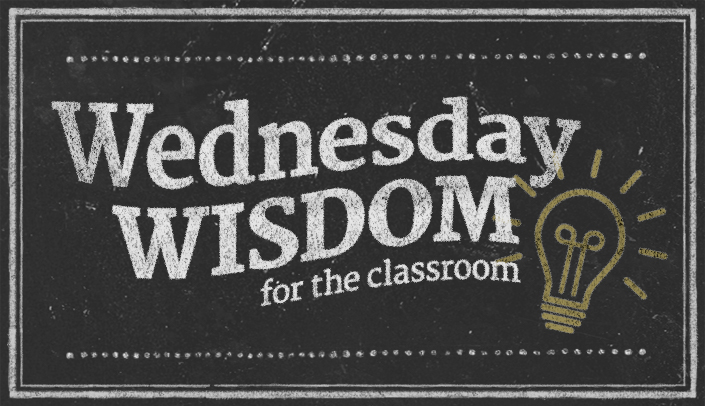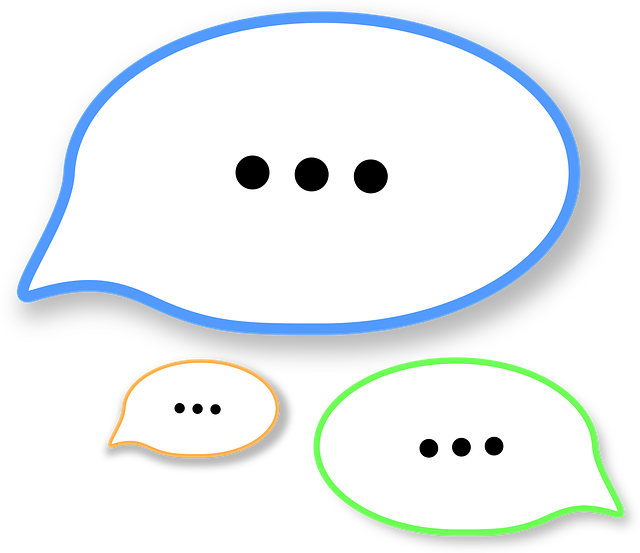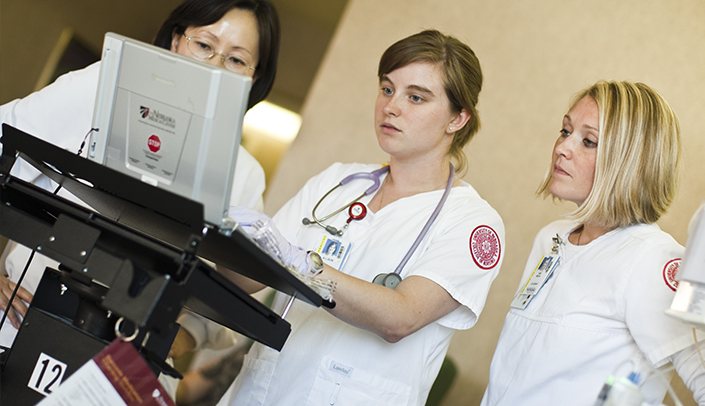Author: Linda Love
Wednesday Wisdom: Enhancing Learning Using Concrete Examples (part 3 in education series)
This is part 3 in our 6 part education series and covers enhancing learning using concrete examples. What is it learning using concrete examples? As novices, students often gain a false sense of confidence in their abilities to memorize new material. Using concrete, relevant, real life examples can help students understand abstract ideas and extend […]
Apr 5, 2017

Give Learners Better Guided Notes for Recall and Retention
Teachers can better coach students on the science of learning and memory by using simple guided notes. Try this strategy while students are coming in to class, following a learning unit, or provide for use whenever students think they need it. You can also coach students on how and why to create their own guided notes. […]
Mar 24, 2017

CGEA Education Grant Proposals due Sept 30, 2017
The Call for the AAMC Central Group on Educational Affairs (CGEA) Mini-Grant Proposals is now open. The CGEA seeks to promote scholarship in medical education and advance the community of scholarship within the Central region. A maximum award of $7,000 is available for multiple-institution projects and $5,000 for single-institution projects. Consistent with the requirements of scholarship, all […]
Mar 23, 2017

Wednesday Wisdom: Enhancing Learning Using Spaced Practice (part 1 in education series)
This is part 1 in our 6 part education series and covers enhancing learning using spaced practice. What is spaced practice? The spacing effect is the phenomenon whereby learning is better when studying is spread out over time, as opposed to studying the same amount of content in a single session. There is significant evidence that spaced practice, […]
Mar 22, 2017

Brain Science and Productivity
Make one simple change to harness brain power and productivity: Make your mobile calendar your ultimate time (and brain) protector. In an era of email, texting, virtual meetings, and Twitter, our brain is saturated with “connectivity.” Phones have become essential appendages that can transform into flashlights, reminders, scrapbooks, phone books, maps, libraries, and menus – […]
Mar 19, 2017

Visualizing Data and Information Made EASY!
In a digital society, an essential skill for leaders and educators is the ability to help the public, learners, and stake holders visualize and understand key information and data – quickly and easily. Venngage in an online product that gives you perfectly designed, professional quality templates – ready for you to add your information in a flash! No more hours […]
Feb 24, 2017

Evidence: Short Peer Instruction During Lectures Helps Learning
Review the Evidence: Brief, cooperative peer-instruction sessions during lectures enhance student recall and comprehension. Objective: The objective of this study was to evaluate the academic impact of cooperative peer instruction during lecture pauses in an immunology/endocrinology course. Brief, cooperative peer-instruction sessions during lectures enhance student recall and comprehension. Here’s an easy active learning technique to […]
Feb 23, 2017

Getting Students and Residents to THINK
Here are two favorite resources to engage students and residents in a different and creative way – beyond books, journal articles, and facts—to develop thinking, observation, and richer perspectives on the art and practice of healing, health, and wellness. Pulse: Voices from the Heart of Medicine Pulse has an extensive collection of personal accounts of […]
Jan 5, 2017

7 challenges for clinical educators to CONQUER
Clinical educators can derail in 7 key ways in the clinical setting. Carry this list with you as a reminder: 1. Set clear LEARNING OBJECTIVES and EXPECTATIONS. 2. Teach at the correct LEVEL 3. Focus on PROBLEM SOLVING not fact memorization. 4. Engage learners in ACTIVE DIALOGUE. “Telling” is not learning. 5. Observe and give […]
Oct 18, 2016

Students Crave FEEDBACK
Arguably, one of the most essential functions and skills for any teacher in health science education is giving learner feedback. These 5 feedback facts can help make your feedback for more impactful: FEEDBACK is not advice, praise, or evaluation. FEEDBACK is information about how we are doing in our efforts to reach a goal. (~Grant Wiggins) […]
Oct 17, 2016

Subscribe
Have questions or want to become a contributor? Email us.